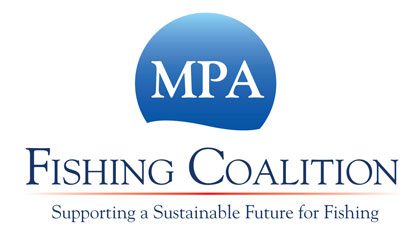2 July 2013
At our recent meeting on 11th June, MPAC raised a number of concerns with regard to the sequence of designation and application of management measures within marine conservation zones.
The Minister’s has provided an important assurance that he would not apply management measures to MCZs outside 6 miles, until those measures could apply to all vessels (UK and non-UK) operating within those areas. This makes sense both from the point of view of logic and to avoid discriminating against the domestic fleet.
However, as you recognise, designation does lead to duties on the responsible authorities and the new dimension to this issue is the increasingly toxic atmosphere in which some of the more litigious NGOs use the courts, or threat of legal action, to force those authorities to follow the letter of the law. This development potentially removes, or at the very least compromises, the space between designation and the adoption of management measures. This is the space in which we had hoped that it would be possible to navigate a settlement for each site which simultaneously protects the fishing industry whilst achieving the conservation objectives for that site.
For this reason we have come to the conclusion that it would be unsafe to designate further MCZs until the whole process of designing and consulting on appropriate management measureshas been completed. This is the only way that we can be assured that designation will not trigger a sequence of events that lead to inappropriate and premature management measures being applied. As you know, throughout the whole process of establishing a network of MPAs our primary concern has been the potential for displacement of fishing activity from its customary areas, with adverse socio-economic and ecological consequences.
We, I think, are both agreed that a collaborative and evidence-based approach to the designation and management of MCZs is the preferred option, both in terms of achieving ecological objectives and minimising socio-economic disruption. However collaboration is undermined and jeopardised if NGOs consider the courts are a viable tactic to achieve their objectives. This is especially true where such legal tactics are used to force the timetable for the introduction of management measures. Meaningful stakeholder engagement is time consuming. But evidence from elsewhere in the world suggests that it is time worth spending as it leads finally to a more effective environmental protection.
Our concern is that henceforth designation will trigger a chain of events running: designation, legal challenge, rushed implementation of management measures to offset legal challenge, failed consultation leading to inappropriate management measures, fleet displacement, adverse socio-economic consequences and ecological damage outside the designated area. Especially under threat is the possibility of a zoned approach where protection or a specific feature and the continuation of fishing activity within a designated area are achieved through spatial separation.
The only way that we can envisage to avoid this sequence in the current climate litigation focussed tactics is to bind designation and management measures into a single process. The Government could indicate that it is minded to designate a particular area, without a formal recommendation. Discussion would then begin with relevant stakeholders on appropriate management measures and once agreed designation and management measures adopted together.
I hope that this conveys our concerns in this area. We would of course be happy to discuss any aspect at your convenience.
Yours sincerely

